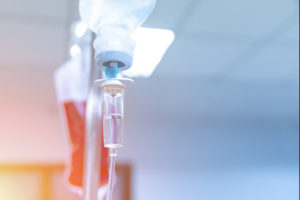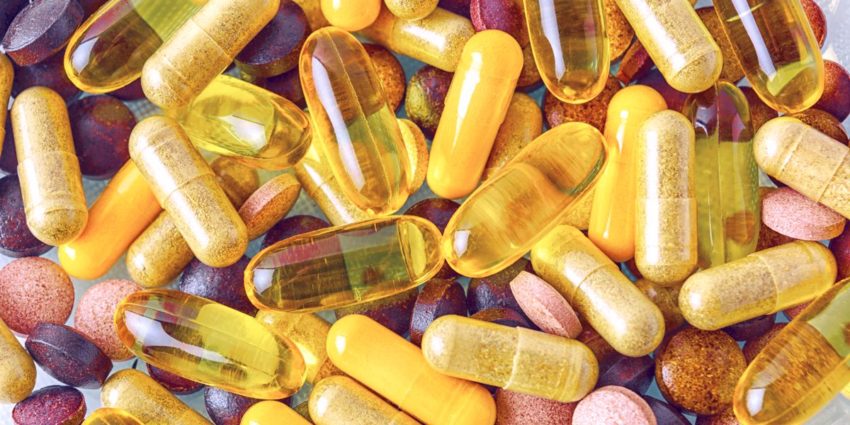A new study confirms what other studies have been showing for a few years now – strong antioxidant vitamins can worsen cancer outcomes.
This topic is covered quite well in Cancer: Improving Your Odds, mostly in Chapter 6 where the benefits and drawbacks of most vitamins are discussed. However, more studies are always welcome.
If you see mention of this study in the popular press they’ll probably try to make it seem like all vitamins and natural supplements worsen cancer, this simply is not true. There are literally thousands of major scientific studies showing that many supplements, foods, and food fractions benefit cancer treatment and prevention. Some are actually as powerful as chemotherapy and can even help traditional medical treatments work better. You will discover this as you read the book.
What they found in this study (see citation below) was breast cancer patients that took strong over the counter antioxidant supplements (specifically vitamin A, C, E, carotenoids, and CoQ10) shortly before, or during, chemotherapy treatments had a greater chance of cancer recurrence (and to a lesser degree, death). Similar issues were seen for non-antioxidants B12 and Iron.
“There were indications that use of any antioxidant supplement (vitamins A, C, and E; carotenoids; coenzyme Q10) both before and during treatment was associated with an increased hazard of recurrence (adjusted hazard ratio [adjHR], 1.41; 95% CI, 0.98 to 2.04; P = .06) and, to a lesser extent, death”
This does not mean that these nutrients are bad for us, and they do not cause cancer. The issue is with how chemotherapy works to kill cancer cells. Chemotherapy relies on its ability to greatly increase oxidative stress in cancer cells (with far less oxidative stress in normal cells). Tumors, like normal cells, have the ability to compensate for a certain level of oxidative stress, but when it exceeds the tumors ability to detoxify it, the cell dies. When we take these strong antioxidants they actually help reduce oxidation, thus helping the cancer cells survive. They basically negate the benefits of chemotherapy. This is not limited to just breast cancer. Previous studies have shown that eating a healthy diet containing natural amounts of these nutrients did not worsen cancer outcomes.

Even without chemotherapy strong antioxidants may not be a good idea. This is because the very high metabolism of cancer cells can generate a lot of oxidation (ROS, or reactive oxygen species). The cancer cells must deal with all of this ROS waste; when it can’t keep up with that process it actually slows down cancer growth. Remove the ROS breaks and cancer tumors can grow faster. This is why megadoses of vitamin C to treat cancer is usually not a good idea.
Antioxidants are still thought to help prevent cancer cells from forming in the first place as oxidation of normal (noncancerous) cells can damage their DNA, thus leading to cancer formation. Megadoses may still not be a good idea as you never know when you might have a small cancer starting to develop. Again, lower amounts and obtaining the nutrients from food have not been shown to lead to more cancers or to worsen cancer outcomes when taking chemotherapy (but listen to your oncologist on this one).
All of this is discussed in my book, along with appropriate antioxidant strategies for helping to prevent cancer. Along with nutritional strategies that do benefit medical cancer treatments that you can discuss with your oncologist.

